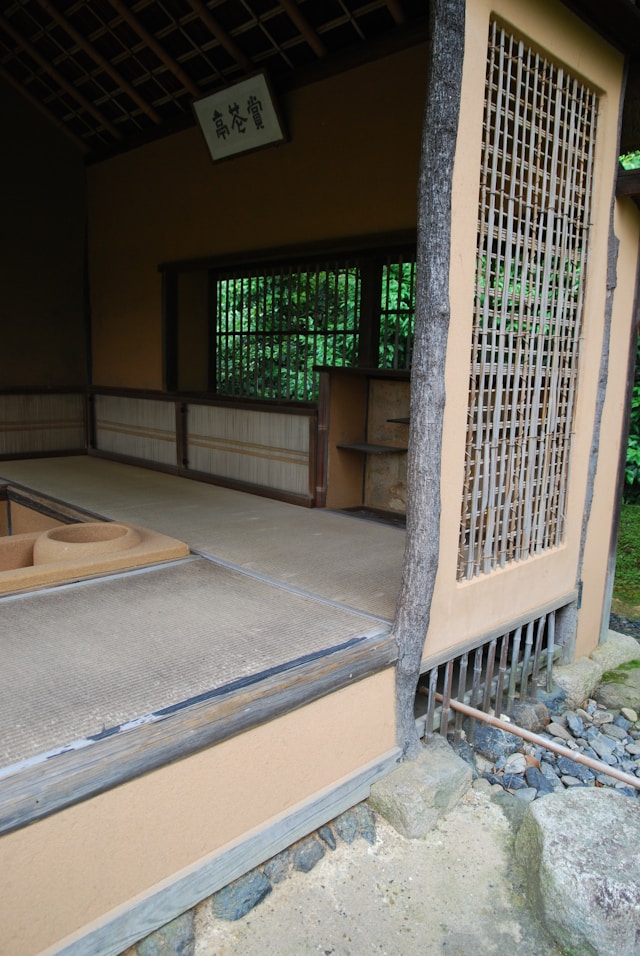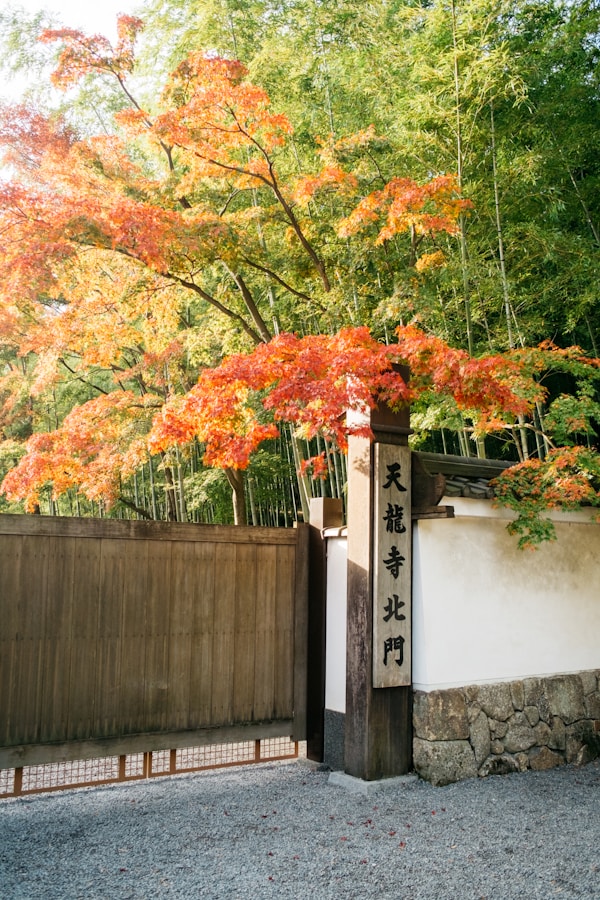.svg)
The Role of Spirits in Japanese Home Design
.svg)
.svg)
.svg)

Want to restore tatami rooms in your akiya? Learn how to replace or resurface tatami, choose materials, and preserve authentic Japanese atmosphere without losing the vibe.


One of the most enchanting parts of an old Japanese home is the tatami room. The smell of fresh rush grass, the soft spring underfoot, the way light hits the woven mats—tatami embodies the essence of traditional Japanese living.
But when you buy an akiya, chances are the tatami rooms are faded, stained, or even moldy. Restoring them is key to making the house livable again. The trick? Upgrading for comfort and longevity without losing that authentic vibe.
Here’s how to do it.

Before replacing or restoring, check:
💡 Pro Tip: Even if the tatami looks bad, sometimes just replacing the surface layer (tatami-omote) is enough.
To restore without losing the vibe, pay attention to:
Once restored, keep tatami healthy by:
💡 Pro Tip: In rural homes, a dehumidifier or moisture-absorbing packs can extend tatami life by years.
For akiya buyers, tatami rooms aren’t just about tradition—they’re also value-boosters. Many Japanese families and tourists see tatami rooms as a must-have. Restoring them respectfully preserves both the charm and the resale/rental potential of your property.
Restoring tatami is less about replacing old mats and more about preserving atmosphere. With the right balance of traditional craftsmanship and modern updates, you can breathe life into a faded tatami room without losing its timeless spirit.
Whether you’re turning your akiya into a family home, a guesthouse, or a creative retreat, a restored tatami room will always be the heart of the house.
At Old Houses Japan, we connect you with tatami craftsmen, modern alternatives, and restoration experts who understand both tradition and practicality.
Start your journey with Luxey today! Sign up for free and get instant access to the best property listings.



